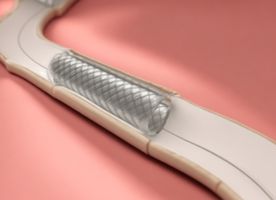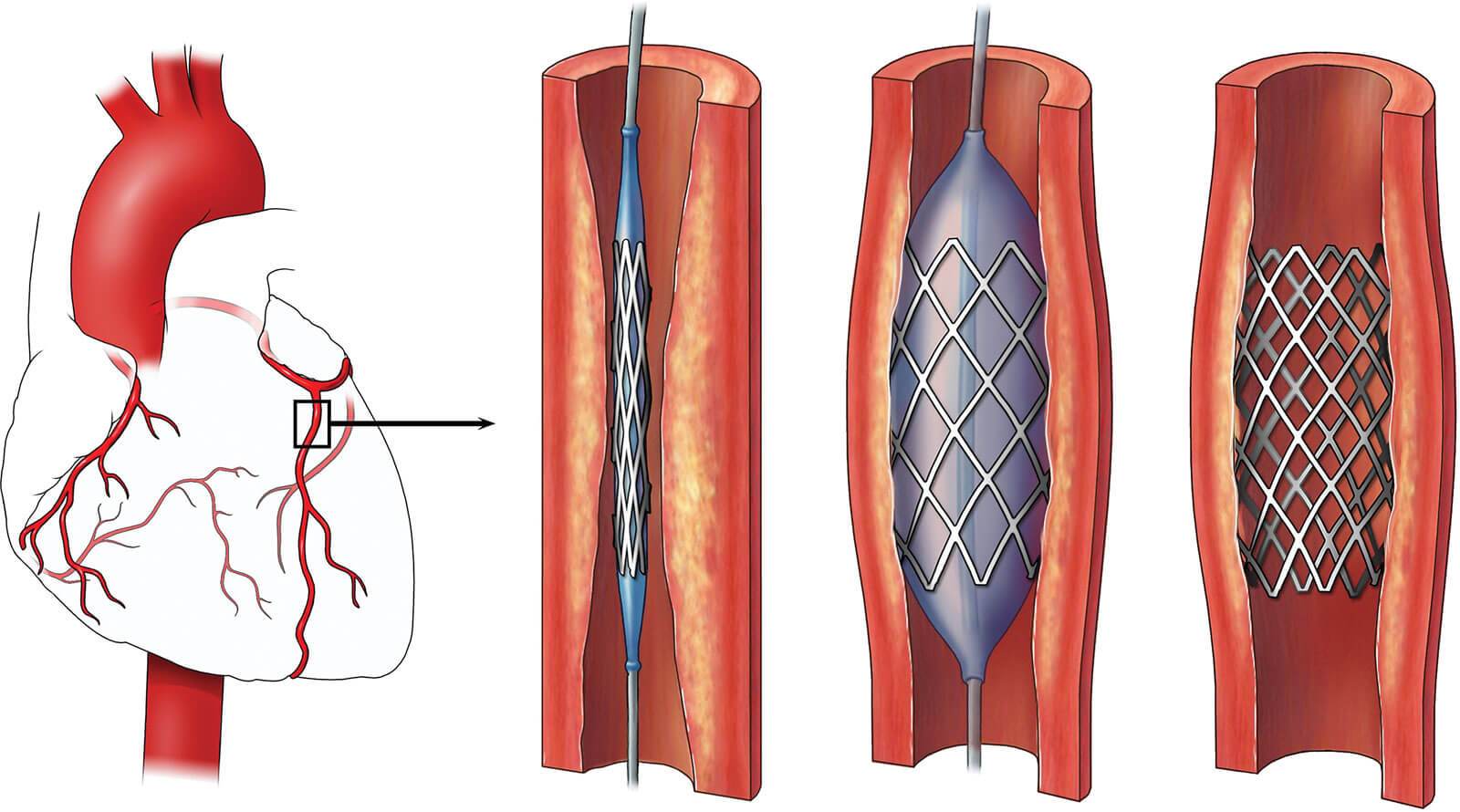Angiography in Central Island
Search and Compare the Best Clinics and Doctors at the Lowest Prices for Angiography in Central Island






Angiography at Hong Kong Adventist Hospital in Island, Hong Kong





Angiography at Canossa Hospital in Island, Hong Kong



Angiography at Queen Mary Hospital in Island, Hong Kong
Our partner clinics in are accredited by the following associations




































































































































No Time?
Tell us what you're looking for and we'll reach out to the top clinics all at once
WHY US?




































































































































No Time?
Tell us what you're looking for and we'll reach out to the top clinics all at once
What is the cost of Angiography in Central Island?
The expenditure for the Angiography dramatically varies, influenced by multiple elements. These encompass the pricing structures of individual health facilities, the complexity of the required services, the physician's expertise, and of course, your personal medical-needs profile.
How involved is the Angiography Procedure?
The Angiography or Angiography, is a non-surgical procedure that's relatively involved, but is primarily diagnostic in nature. Generally, it's categorized as a minimally invasive process. The procedure entails the insertion of a small catheter into a blood vessel, usually through the groin or arm. This is performed under local anesthesia to guarantee the patient's comfort. A contrast agent is introduced into the catheter and travels through the bloodstream, enabling detailed visualization of the blood vessels under x-ray.
While the procedure does not present high risks, some patients might have a slight risk of infection, bleeding at the catheter insertion site, or an allergic reaction to the contrast agent. To mitigate these risks, healthcare experts in Central Island ensure all safety precautions are taken, making the Angiography a safe and reliable diagnostic tool for cardiovascular health.
How long is the stay in Central Island for a Angiography Procedure?
The duration of stay for the Angiography in Central Island lies at the intersection of two crucial factors: the complexity of the process and your personal recovery rate. Generally, Angiography is an outpatient procedure, typically not necessitating an overnight hospital stay. Post-procedure, healthcare professionals recommend a period of constant observation ranging from several hours to a day to ensure no complications arise.
Beyond the initial observation, your physician may recommend you to stay in the locality for a few more days for a follow-up appointment. This allows them to monitor your progress and ensure the procedure was successful with no side effects. The exact length of stay will vary for each individual based on their specific health condition. It is paramount that you consult with a healthcare expert in Central Island to obtain a more personalized schedule.
What's the recovery period for Angiography procedures in Central Island?
As you emerge from the Angiography or angiography, you will discover the recovery process to be surprisingly swift. According to the expert advice from the National Institutes of Health, a vast majority of patients reclaim their routine daily activities within a day post-procedure. It's pertinent to note, however, that each person's recovery journey is unique, with some taking slightly longer to return to full vigor.
During this convalescence period, a few patients report minor tenderness at the catheter insertion site. This temporary discomfort usually dwindles within a few days. Following the procedure, it's wise to avoid any heavy-duty activities until complete recovery. Adhering to the explicit aftercare instructions provided by your healthcare team in Central Island is your key to a smooth and timely recovery.
How effective are Angiography procedures in Central Island?
The efficiency and success rate of the Angiography or angiography in Central Island is exceptionally high. The region's proficient medical practitioners widely laud and utilize this technique for its precision in diagnosing and predicting a range of vascular disorders. This methodology has earned recognition from established entities such as the American Heart Association, for its successful application in the detection of cardiovascular conditions, treatment planning, and post-surgery monitoring.
More importantly, this diagnostic procedure serves as a critical tool in preemptively identifying and stopping severe health threats such as heart diseases and strokes in their tracks. The overall success of angiography is contingent on the skilful execution by the medical staff, the patient's overall health status, and the top-tier quality of the healthcare facility. Thus, it is of paramount importance to avail of this procedure from a reputable clinic that is synonymous with medical excellence.
What's the Success Rate of Angiography Procedures in Central Island?
The supreme profiles of success rates associated with the Angiography or Angiography are a testament to its efficacy in Central Island. This highly trusted method shines through as a proficient diagnostic navigator, pinpointing any vascular irregularities that can lead to serious health disorders. This powerful procedure delivers impressive precision that serves as a strategic compass in tailoring treatment approaches and planning surgeries.
Moreover, the paramount role of Central Island's robust healthcare landscape and the expertise of the medical professionals cannot be overstated in ensuring the paramount success of this procedure. The phenomenal skill set these professionals hold in capitalizing on the technique’s potential fortifies the procedural accuracy of angiography, thereby guaranteeing the highest level of diagnosis and treatment planning.
Are there Alternatives to Angiography Procedures in Central Island?
Indeed, should you possess any reservations towards the Angiography or Angiography, Central Island provides an array of viable alternative diagnostic procedures. One such option would be the Magnetic Resonance Angiography (MRA), a noninvasive tool that employs magnetic fields and radio waves to yield detailed images of blood vessels. Another would be Computed Tomography Angiography (CTA), a method that draws upon x-rays to capture the functioning blood flow in arteries throughout your body.
Nevertheless, it is imperative to stress that any choice for an alternative should be undertaken after an exhaustive discussion with a healthcare provider. This medical expert would be best suited to analyzing your state of health and hence, guiding you to the diagnostic tool most synced with your medical requirements.
What long-term lifestyle changes are recommended after the Angiography?
While the Angiography provides crucial insights into vascular health, it does not provide a lasting shield against future vascular ailments or related health complications. For this reason, healthcare professionals in Central Island usually advocate engaging in enduring lifestyle modifications post-procedure. This entails cultivating healthy eating habits, incorporating regular exercise regimes, adopting stress management techniques, and forsaking harmful habits such as smoking.
These lifestyle adaptations can serve as a bulwark against future health risks and significantly enhance overall well-being, curtailing the likelihood of developing vascular diseases, stroke, or heart illnesses. These changes should be rolled into your routine under the watchful eyes of a healthcare provider, ensuring they are attuned to your distinct health needs. Additionally, regular health screenings should complement these lifestyle transformations for a comprehensive approach towards disease prevention and long-term health maintenance.
This information has been accurately sourced and verified by a medical professional for its accuracy, however, we strongly recommend you to consult with your doctor before pursuing medical procedures overseas.





